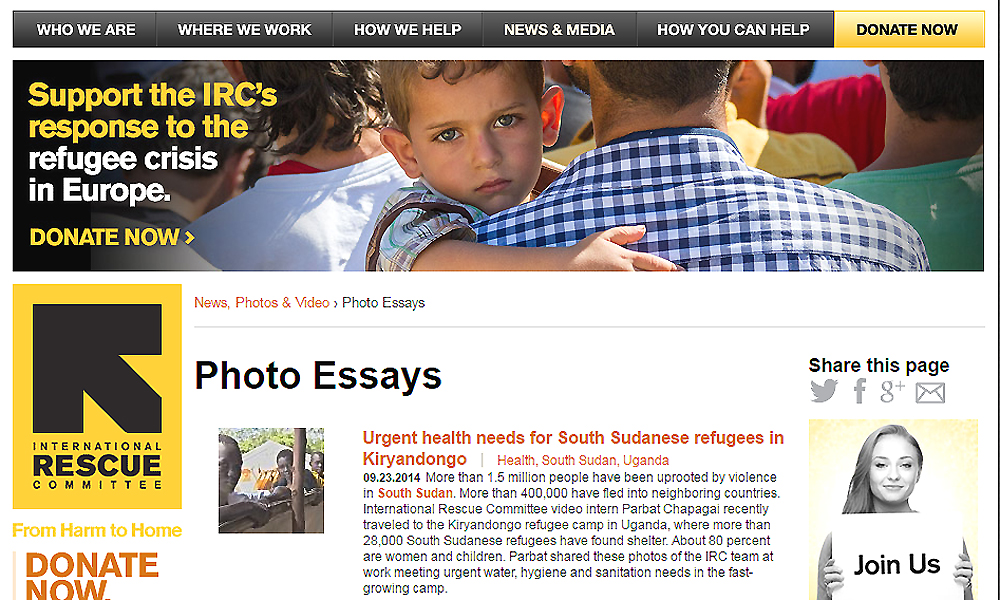Ericsson has committed to developing Ericsson Emergency Wallet, a mobile financial services solution, for deployment in the immediate aftermath of disaster or crises to support humanitarian organisations and affected populations. The Ericsson Emergency Wallet solution will be designed for use in emergency situations where financial infrastructure is lacking. It will enable the distribution and use of digital funds by relief workers and impacted populations, which can help address issues such as safety, expense and traceability that are associated with handling cash.
Many of Ericsson’s humanitarian partners have requested digital financial services solutions for emergency situations. There is an urgent need for an Emergency Wallet solution, as mobile financial services, including mobile money and mobile wallets, are among the quickest, safest, and most efficient ways of extending the benefits of basic financial transactions to people who need them.
David Miliband, President and CEO, International Rescue Committee says, “Digital payment mechanisms are essential to delivering effective cash transfers to address the large scale humanitarian needs caused by today’s crises. However, only 30% of countries facing severe humanitarian emergencies have digital payments infrastructure to support scaled-up response. The IRC welcomes efforts such as the Ericsson Emergency Wallet solution to close this gap.”
Ericsson presented its intentions at the World Humanitarian Summit, in support of the United Nations Connecting Business Initiative. The solution demonstrates the potential of information and communication technology to transform humanitarian response. It builds on Ericsson’s Technology for Good initiatives and the company’s experience in developing scalable mobile financial service solutions. The solution design and prototyping is co-funded via the Level One Project from the Bill & Melinda Gates Foundation.
Elaine Weidman Grunewald, Vice President, Sustainability and Corporate Responsibility, Ericsson, says: “Ericsson has a long-standing commitment to humanitarian response, for example, our employee volunteer program, Ericsson Response, has supported 40 missions in over 30 countries during the past 15 years.”
The emergency wallet is an important part of a broader public-private commitment to the Level One Project, an effort to bring everyone into the formal economy by providing digital financial services to all.
Launched at the World Humanitarian Summit, held in May 2016 in Istanbul, Turkey, the Connecting Business Initiative is a multi-stakeholder initiative led by the United Nations International Strategy for Disaster Reduction, Office for the Coordination of Humanitarian Affairs and United Nations Development Programme. With a focus on disaster risk reduction, emergency preparedness, response and recovery, the initiative aims to support the creation and strengthening of effective models for public-private partnerships and business engagement, and to scale and replicate those models in high-risk countries and regions.
The International Rescue Committee helps people whose lives and livelihoods are shattered by conflict and disaster to survive, recover, and gain control of their future. IRC teams provide health care, infrastructure, learning and economic support to people in 40 countries, with special programs designed for women and children. Every year, the IRC resettles thousands of refugees in 22 US cities.


